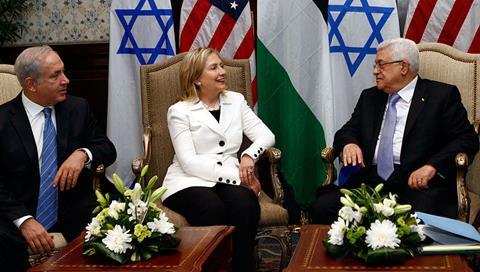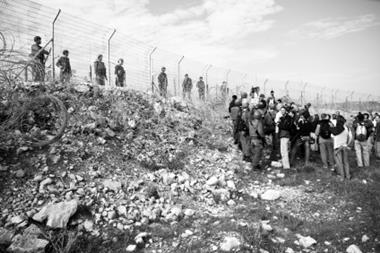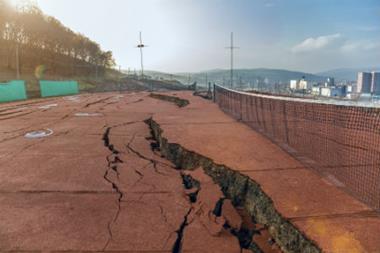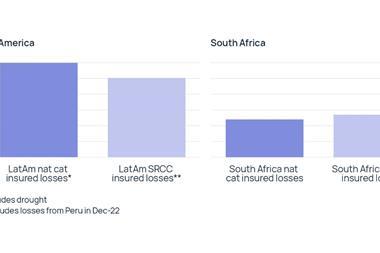A JLT special report reveals the security and political implications of the Palestinian Authority’s statehood bid

On September 23 Palestinian president Mahmoud Abbas (pictured above) requested UN Security Council approval for full statehood. As everyone predicted, the Obama administration pledged to veto the move.
JLT recently published a special report looking into the implications of the Palestinian Authority’s (PA) statehood bid. A summary of the report is presented below. The full version can be downloaded here.
Abbas’ move signals his intention to seize the diplomatic initiative at a time when the PA has given up on the peace process in its current form.
Of the 193 members of the General Assembly it is estimated that 125 are willing to vote in favour of Palestinian sovereignty.
A win would elevate the status of the Palestinian territories in the eyes of the world and undermine the “legitimacy” of Israel’s occupation of Palestinian lands.
Palestine would also be able to press their case against Israel for violations of human rights at the International Criminal Court (ICC).
For the first time the Palestinians have seized the diplomatic initiative and it has sent the Americans reeling
JLT
The question of a Palestinian state has moved up the international agenda in recent years.
In 2009 US President Barack Obama gave a speech in Cairo in which he supported the Palestinian assertion that peace talks with Israel could not go ahead while it continues to expand its settlements on Palestinian land.
Obama subsequently backed down on a settlement freeze under pressure from Israel.
In February 2011 the US stood alone in the Security Council to veto a resolution freezing Israeli settlement construction.
America’s continued support for Israel is eroding Obama’s little remaining credibility in Muslim and Arab countries.
This comes against a backdrop of turmoil in the Arab world that is creating a regional environment that is more conducive to Palestinian aspirations and poses a direct challenge to Israel’s security environment.

With the fall of Egypt’s President Hosni Mubarak, Israel lost a regional ally that could be relied on to prevent militants infiltrating its territory.
In addition, with growing economic and strategic might, Turkey’s influence is on the rise. But Israel’s relations with Turkey already took a hit even before the Arab Spring, when a Turkish aid flotilla to Palestine was attacked by Israeli soldiers.
Turkey is wooing countries where there is domestic instability in the hope of establishing better relations with the emerging regimes. Meanwhile Israel is trying to enhance relations with the traditional Gulf monarchies and the Egyptian military.
The tide of history could finally be about to turn in favour of the Palestinians.
SEE ALSO
Check out this fantastic infographic from GOOD that shows Palestine’s shifting borders.



















No comments yet